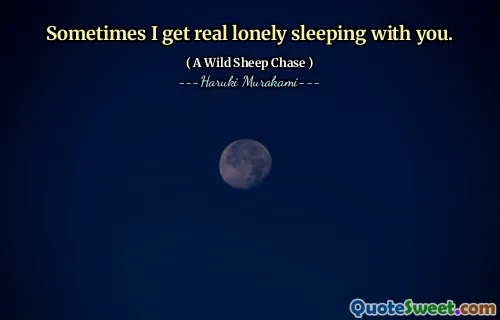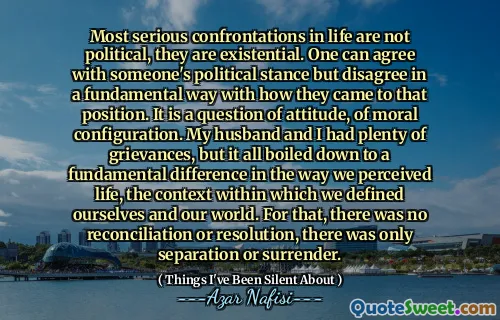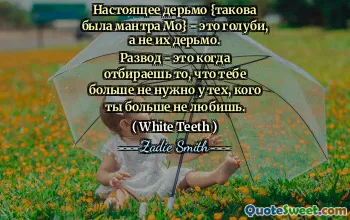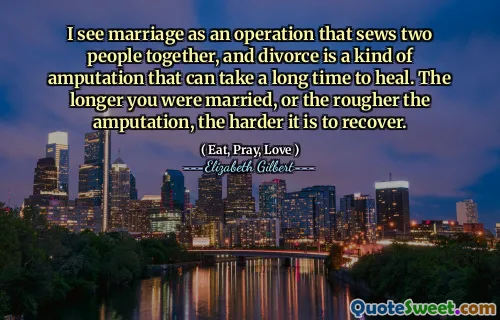From the photo albums, every single print of her had been peeled away. Shots of the both of us together had been cut, the parts with her neatly trimmed away, leaving my image behind. Photos of me alone or of mountains and rivers and deer and cats were left intact. Three albums rendered into a revised past. It was as if I'd been alone at birth, alone all my days, and would continue alone.
In the passage, the narrator reflects on how every photograph featuring a significant person, presumably a former partner, has been altered to remove her entirely. This act of severing their shared memories creates a stark and lonely revision of his history. The images now only depict him and elements of nature, highlighting a sense of isolation and the impact of loss.
The stripping away of their shared moments symbolizes a deeper emotional detachment. The narrator feels as if he has always been solitary, with the absence of this person reinforcing the idea that he is destined to experience life alone, devoid of the connections that once defined him.




